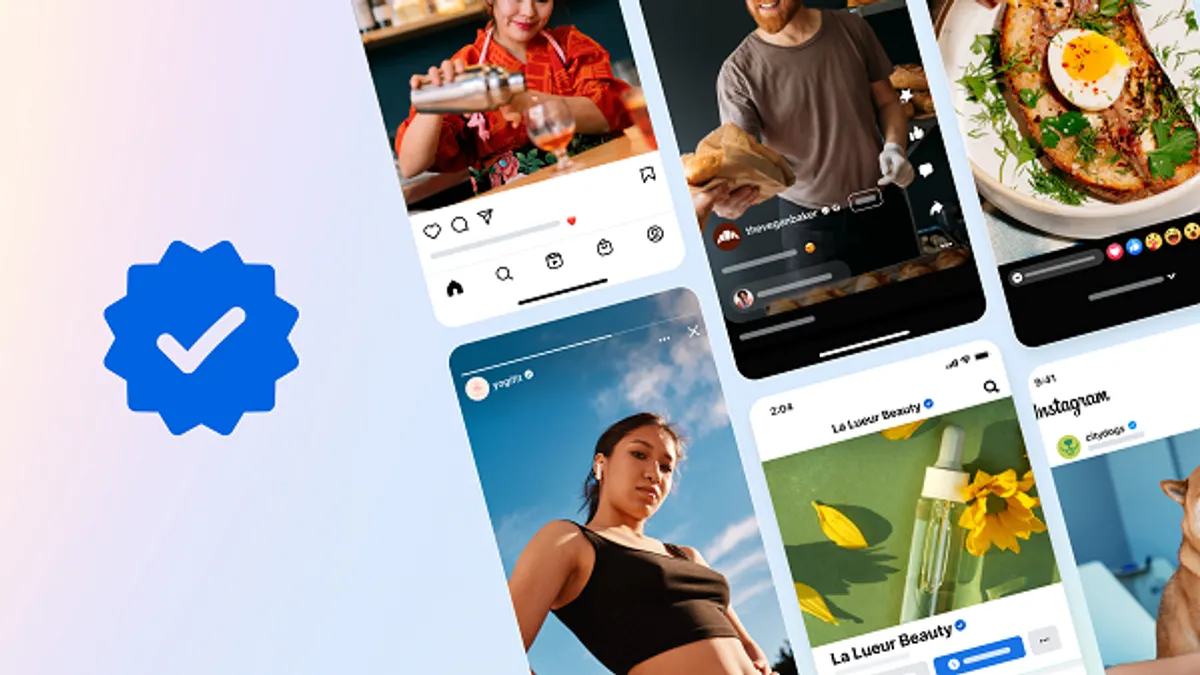Parents Protest Meta Over Kids' Online Harms
Following the failure of a bipartisan online child safety bill, parents who have lost children to online harms are increasing pressure on social media companies, particularly Meta, to take responsibility.
On Thursday, 45 families gathered outside Meta's Manhattan office for a vigil to honor their children and demand action. The causes of loss ranged from sextortion to cyberbullying, casting a somber shadow on the spring day. Dressed in white and carrying roses and photos of their children, they held signs reading "Meta profits, kids pay the price."
Sarah Gardner, CEO of child safety advocacy group Heat Initiative, stated that these families share a common experience: being ignored by tech companies after reporting the online harms their children faced.
Perla Mendoza, one of the protesting parents, lost her son to fentanyl poisoning after he purchased drugs via Snapchat. She and other parents have sued Snap for failing to prevent drug sales on the platform. Mendoza also highlighted the interconnected nature of these platforms, revealing her son's dealer was active on Facebook and Instagram as well.
This protest follows recent whistleblower testimony revealing Meta's targeting of teens with ads based on their emotional state. It also comes four years after "The Facebook Files" exposed the company's awareness of Instagram's negative impact on teen girls' mental health.

The organizers, including ParentsTogether Action and Design It for Us, delivered an open letter to Mark Zuckerberg with over 10,000 signatures. The letter demands that Meta:
- Stop promoting harmful content to children (including sexualizing content, racism, hate speech, and content promoting disordered eating).
- Prevent predators from using Meta platforms to target children.
- Provide transparent and swift responses to children's reports of harmful content or interactions.
While Meta has implemented safeguards like Teen Accounts and AI age verification, Gardner argues these measures are insufficient. She points out that adults can still contact children outside their network through post comments and that harmful content remains easily accessible to young users.
Gardner also criticizes Meta's shift away from fact-checking and content moderation, suggesting it signals a decreased commitment to safety. She believes Zuckerberg needs to understand the growing parental concern over Meta's role in children's online safety.
Meta's opposition to the failed Kids Online Safety Act, which aimed to address addiction and mental health harms caused by social media, further fuels the parents' frustration and demands for change.
“We know parents are concerned about their teens’ having unsafe or inappropriate experiences online,” said Sophie Vogel, a Meta spokesperson. “It’s why we significantly changed the Instagram experience for teens with Teen Accounts... We’ve also developed safety features to help prevent abuse..."
However, Gardner and the protesting families believe these actions are not enough and are pushing for more robust and effective child safety measures from Meta.






